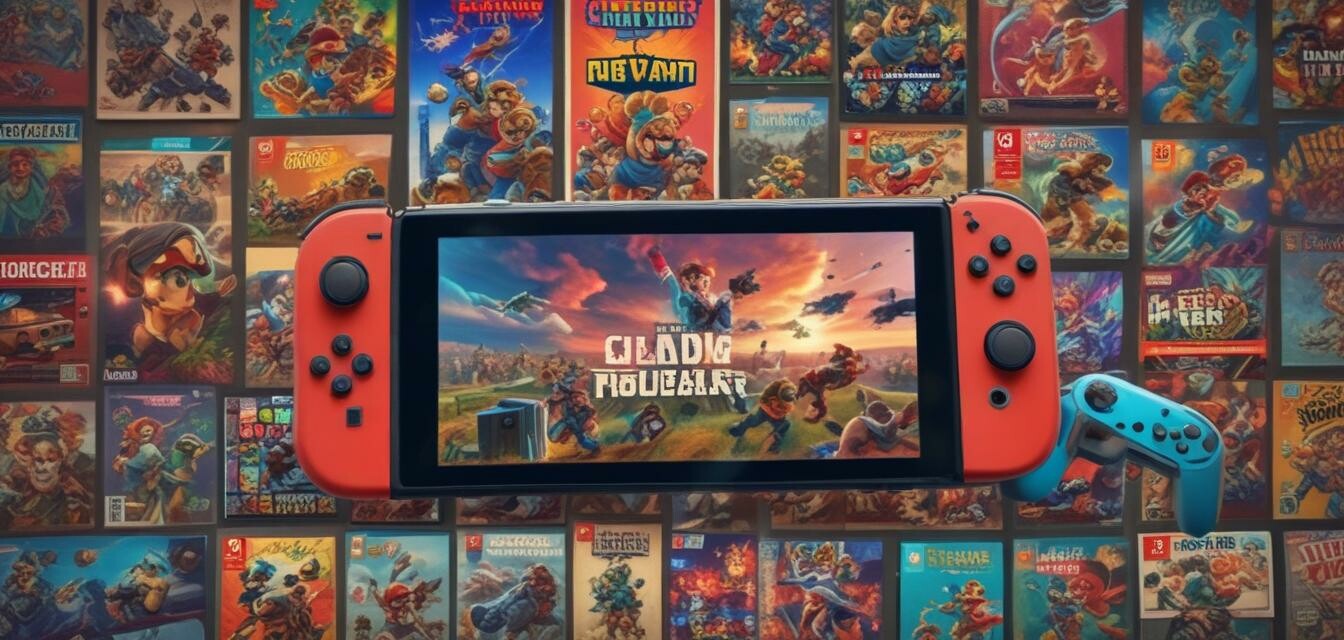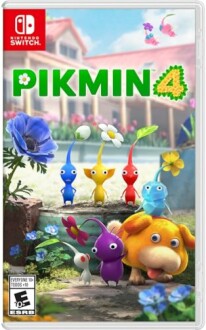
Nintendo Switch vs. Legacy Systems: Which is Best for Kids?
Key Takeaways
- The Nintendo Switch offers versatile gameplay and modern titles, catering to kids of all ages.
- Legacy systems provide nostalgic experiences with classic games that have stood the test of time.
- Family-friendly features like multiplayer modes differ greatly between these systems.
- Overall value may depend on what your children are most interested in – modern gameplay or classic fun.
When it comes to gaming for kids, parents often find themselves torn between the new and the nostalgic. The Nintendo Switch represents the latest in gaming technology, with its ability to provide handheld and console options all in one device. On the other hand, legacy systems remind us of simpler times with classic games that shaped the industry. In this article, we will dive into a comparative analysis of the Nintendo Switch and retro gaming systems, focusing on family-friendly features, game availability, and overall value for modern kids.
Overview of the Nintendo Switch
The Nintendo Switch has quickly become a favorite among families due to its innovative design and vast catalog of games for both young and older audiences. Here are some of the key features that make the Switch a standout option:
- Versatility: Play on your TV or as a portable handheld console.
- Exclusive games: Access to popular titles like Pikmin 4, Nintendo's latest adventure game.
- Multiplayer capabilities: Supports local and online multiplayer options for family and friends.
Pikmin 4 - Nintendo Switch
Grow, gather, and guide small, plantlike creatures on an adventure filled with exploration and discovery.
Learn MoreExploring Legacy Systems
Despite the impressive capabilities of the Nintendo Switch, legacy systems like the NES, SNES, and Sega Genesis evoke fond memories for many parents. These retro systems provide a unique charm that's hard to replicate. Here's what makes them special:
- Nostalgia Factor: Classic games remind parents of their childhood and offer a way to share that experience with their kids.
- Simple Gameplay: Many retro games rely on straightforward objectives, making them easy for kids to understand.
- Cost-effective: Generally, these systems and games can be found at lower prices than modern consoles and titles.
Comparative Analysis
Now that we have an overview of both systems, let's take a closer look in a side-by-side comparison.
| Feature | Nintendo Switch | Legacy Systems |
|---|---|---|
| Game Library | Extensive collection of new releases and classics | Limited to classic titles; fewer new games |
| Gameplay Style | Modern gameplay with innovative mechanics | Simple 2D gameplay |
| Multiplayer Options | Local and online multiplayer | Local multiplayer only |
| Graphics Quality | High-definition graphics | 8-bit to 16-bit graphics |
| Price Range | Higher initial cost (console and games) | Generally lower (used consoles and games) |
What To Consider When Choosing?
Game Availability
The variety of available titles is a significant factor. Modern platforms like the Nintendo Switch offer a plethora of games that cater to children’s interests and diverse gameplay options. Conversely, while classic gaming systems offer timeless classics, they lack the game quantity that modern players have come to expect.
Engagement and Interaction
Understanding how your child will interact with a gaming system is essential. If your child enjoys engaging with friends online, the Nintendo Switch’s online multiplayer capabilities could be more appealing. On the other hand, if they are intrigued by history or storytelling, exploring legacy games may be a worthy venture.
Value for Money
Investing in a gaming system should consider not just the console price but also the ongoing costs of games. Prepare for potential subscription fees if you opt for online play on the Nintendo Switch, while retro gaming may offer cheaper games but limited options for multiplayer interaction.
Pros of Nintendo Switch
- Modern graphics and technology.
- Wide selection of engaging games.
- Supports online multiplayer mode.
Cons of Nintendo Switch
- Higher price point for console and games.
- Subscribed online services may be required for full features.
Pros of Legacy Systems
- Lower initial investment.
- Nostalgic gameplay for parents to share with kids.
- Simple and easy-to-learn games.
Cons of Legacy Systems
- Limited game library with few new releases.
- Graphics and gameplay may feel outdated.
Final Thoughts
Choosing between a Nintendo Switch and a legacy gaming system ultimately hinges on understanding your child's preferences and your family's gaming style. Whether opting for the innovative, multiplayer-rich experience of the Nintendo Switch or the nostalgia and value of classic consoles, both have something unique to offer.
To further explore gaming options and access our diverse range of products, check out our Kids’ Educational Electronics or learn more about Nintendo Legacy Systems. If your family enjoys playing together, consider our guide on Family Gaming Night Ideas for a memorable experience!
